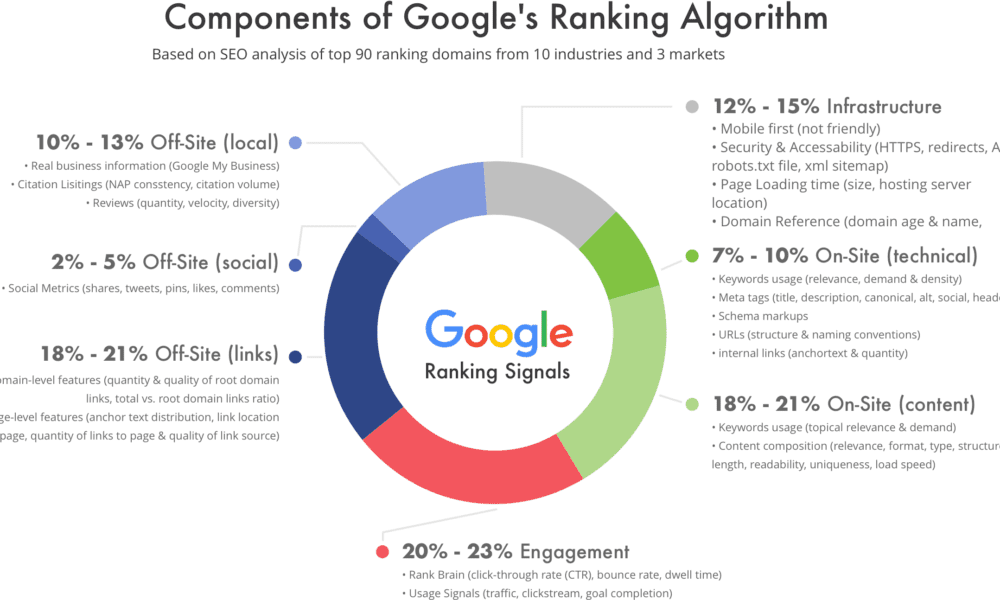The amount of ranking potential passed from one website to another when a link is established is called “link equity.” A webpage with high link equity will likely rank higher on search engines. Acquiring links from reputable websites is one of the best approaches to raising link equity. These include news websites and blogs.
Anchor text
Anchor text has been a crucial part of SEO since the very beginning. It was weighted heavily in Google’s original algorithm. However, like most things in SEO, it has evolved. Exact match anchor texts are important for backlinks because they tell search engines what the linked-to page is about. For example, if your target keyword is “dog biscuits,” the anchor text on your link should be “dog biscuits.” However, using exact-match keywords sparingly is important because this could trigger spam filters in Google’s algorithms. Instead, try using branded or generic anchor text. This way, Google can understand the relevance of your link and will be more likely to rank it higher. It is known as link equity. The best way to build link equity is to get quality backlinks from authoritative websites. You can achieve this by creating excellent content and disseminating it on websites related to your subject.
In search engine result pages (SERPs), a website’s position can be predicted using the domain authority measure. It is calculated using a machine learning algorithm that predicts how likely Google will show a given domain in search results. The higher the score, the more likely a website will rank high on SERPs. While it is not a perfect metric, it can provide some insight into the quality of your link profile. However, it is important to remember that it should be used as a comparative metric rather than an absolute one.
In addition, it is important to focus on links relevant to your business and content. For example, you should prioritize links from websites with similar topics and niches to your own. It will help you spread your link equity more evenly, boosting your domain authority. It would help if you also tried to get guest posts from reputable websites in your industry.
Nofollow
Backlinks are the main factor influencing a website’s ranking on search engines. However, it would help if you were careful when selecting external links to your site. In particular, avoid links with the rel= “nofollow” attribute. This attribute prevents search engines from following the link, which devalues your ranking. This attribute was initially added to stop spammers from filling blog comments with thinly disguised ads. The same principle applies to links from social media sites. They are usually marked as rel=” sponsored” or rel= “UGC.”
In addition to avoiding nofollow links, ensure your internal links are relevant. It will improve user experience and help Google better understand your site structure. For instance, you should set a 301 redirect to another blog post or your SEO services page if a page on SEO tips is erased from your website. This way, your audience will get where they need to go, and Google won’t penalize you for changing or deleting pages.
Relevance
Backlinks are among the most important factors in a search engine’s ranking algorithm. They help search engines determine a page’s relevance to its target keywords and indicate the quality of a website. However, it’s important to remember that not all backlinks are created equal. To maximize the value of your backlinks, you need to choose the best links based on their relevance and authority. The contextual relationship between the referring domain and the target page determines the significance of a backlink. The more relevant the two sites are, the higher the link will rank. The anchor text also influences the significance of a backlink. The link’s value will be increased using the same term in the anchor text as the destination page. Aside from the importance of relevance, other criteria include the location of a link on a referring page and its internal linking structure. For instance, a 301 redirect to an appropriate blog post or service page should be used instead of a permalink to an out-of-date blog article.

